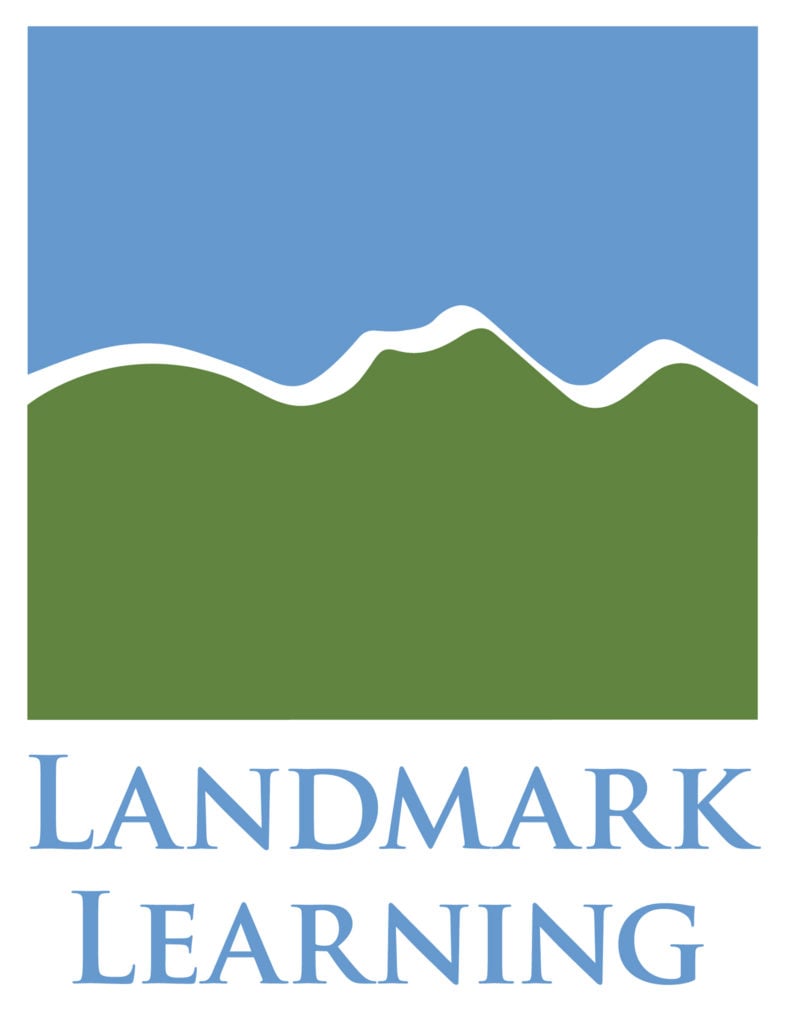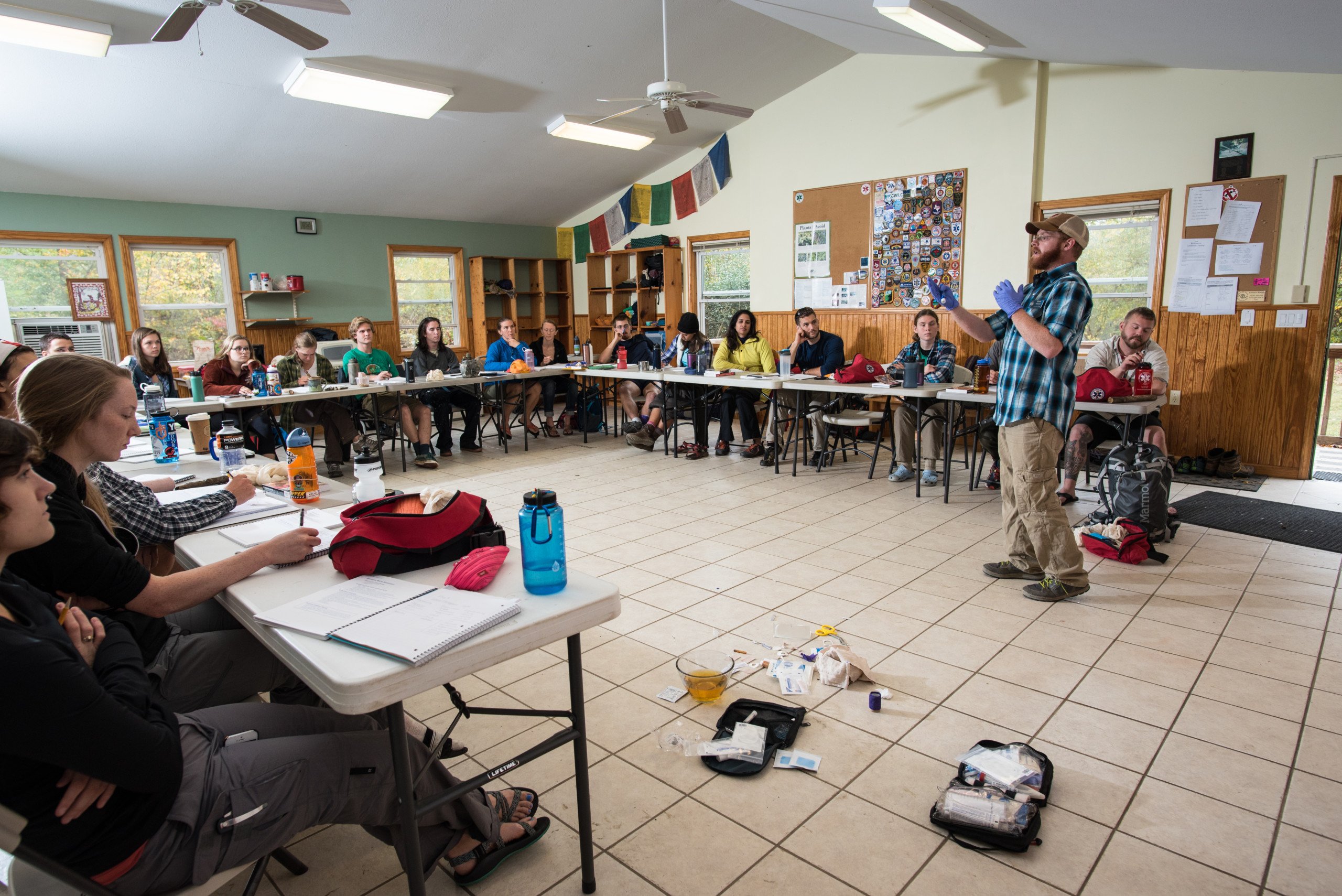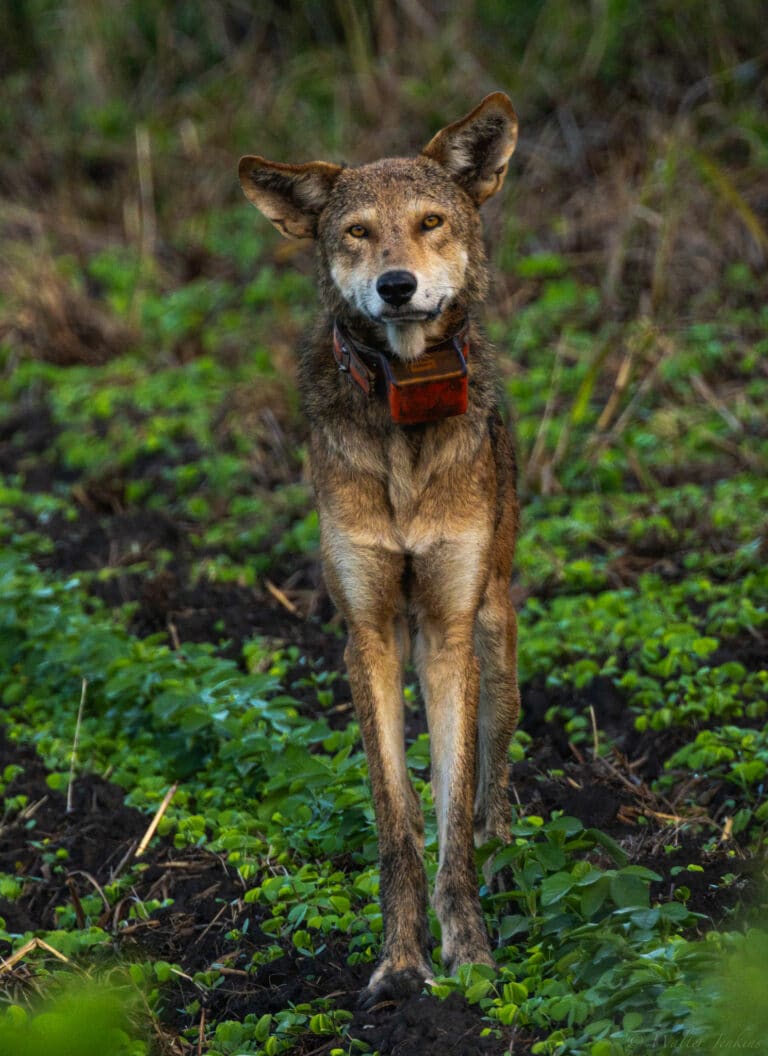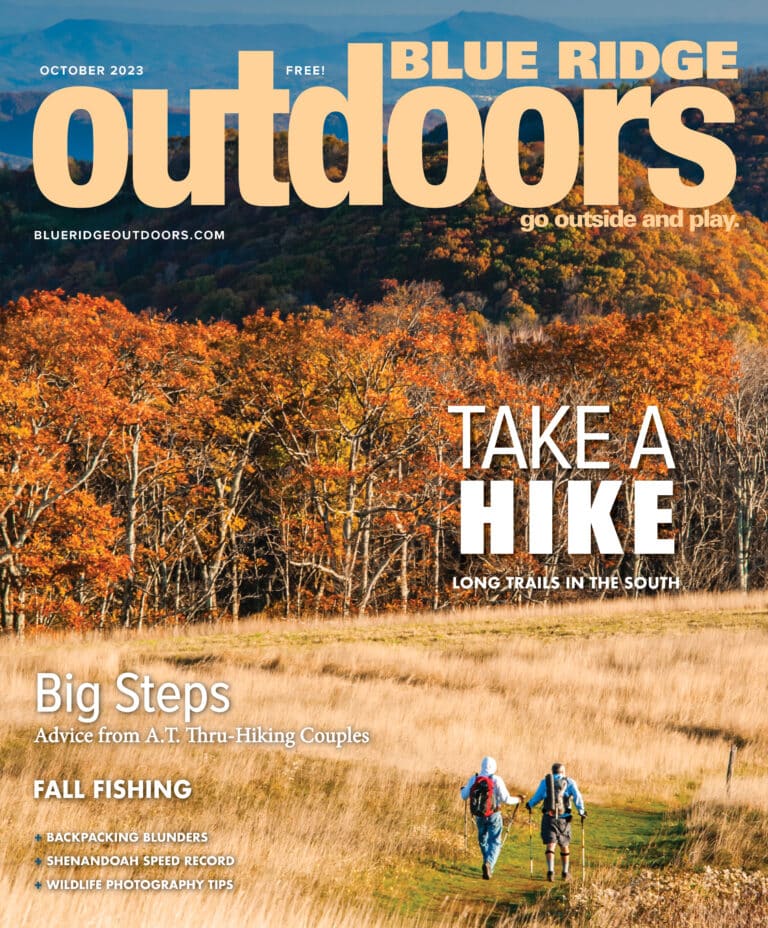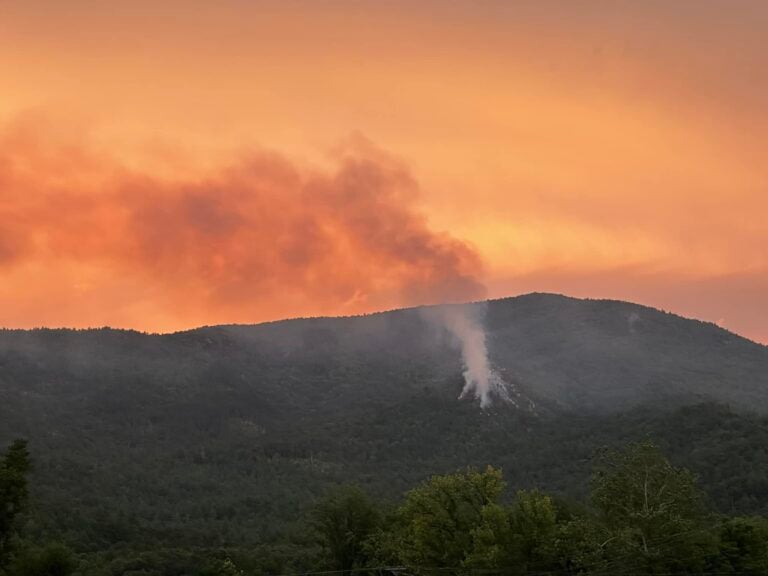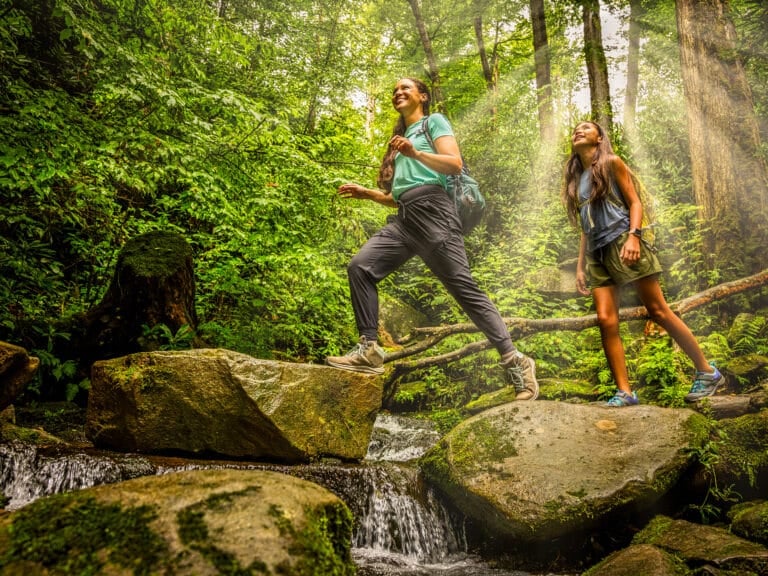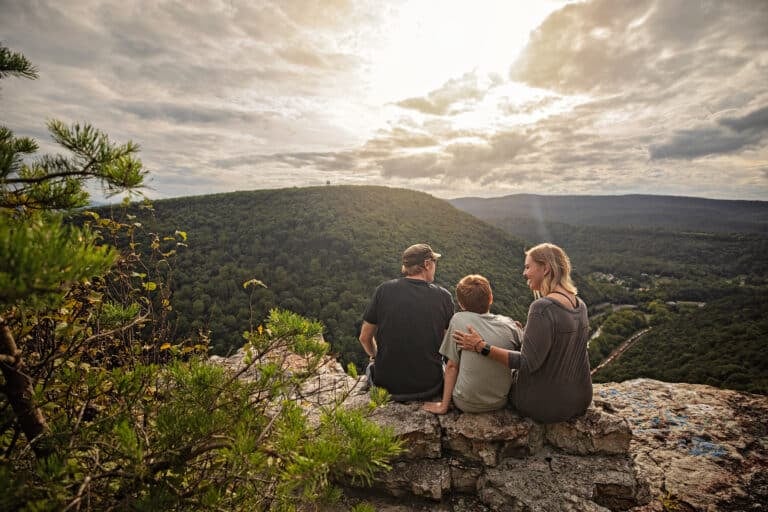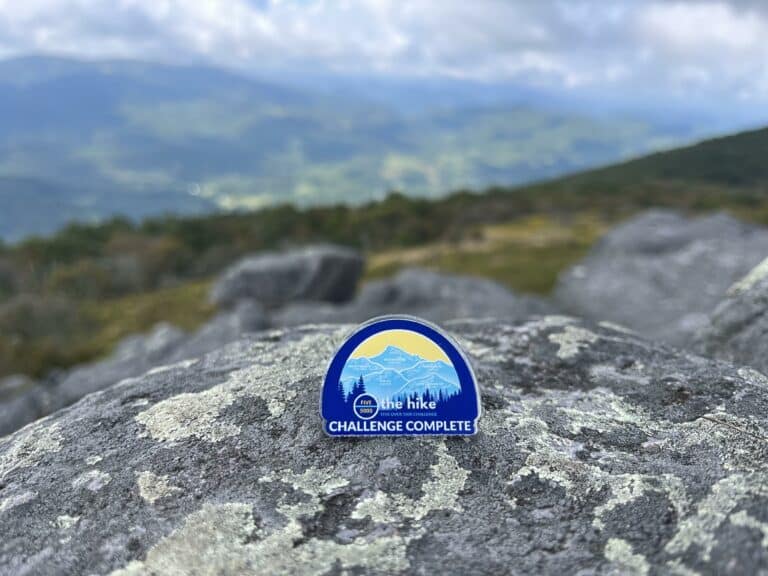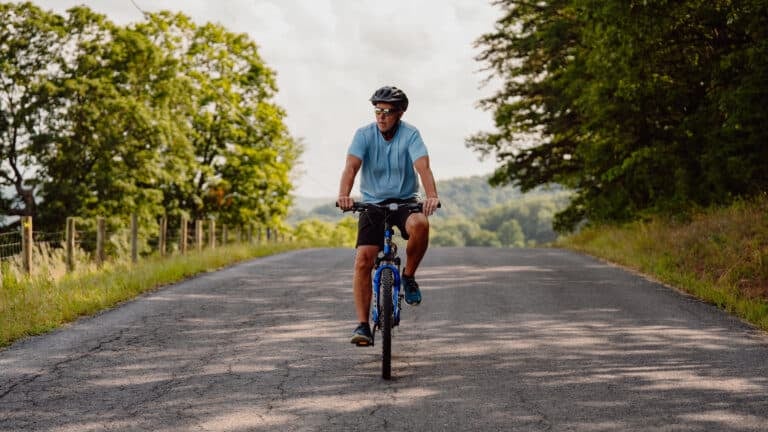Our phones stay busy with prospective students, asking about course outcomes and making decisions about investing in different courses.
“Do you do job placement?”
“What’s your success/pass rate?”
“Can I get a job after I take your course?”
The interest is in employment: students are on a path toward being an outdoor professional.
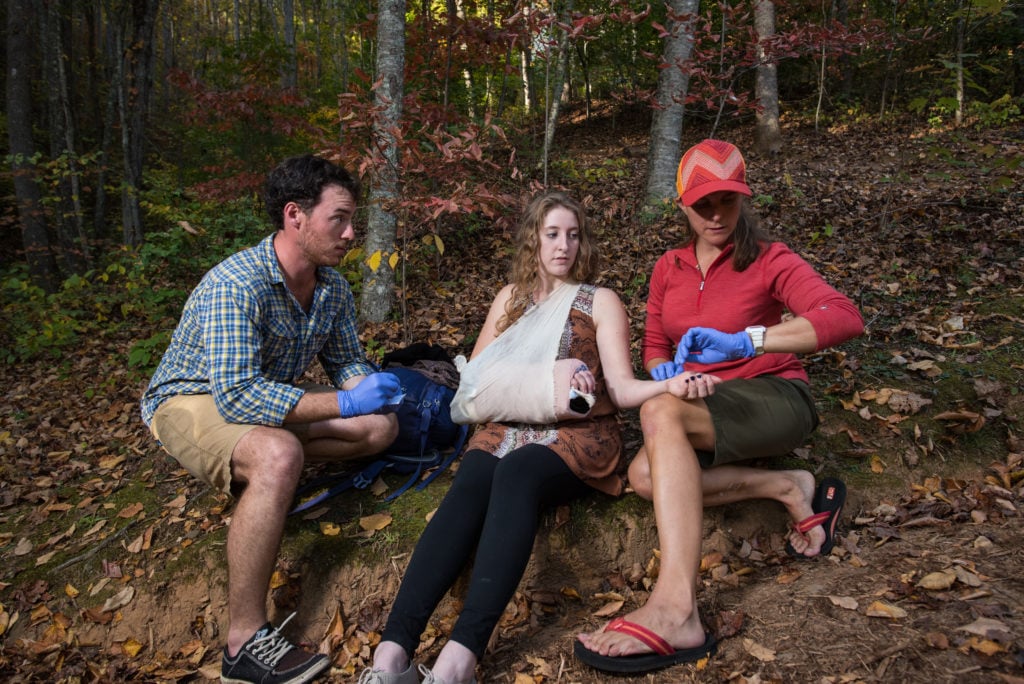
According to the Outdoor Industry Association (outdoorindustry.org), outdoor recreation is an economic powerhouse in the United States, each year generating $887 billion in consumer spending and 7.6 million jobs. So how do you go about taking your step forward into the outdoor industry?
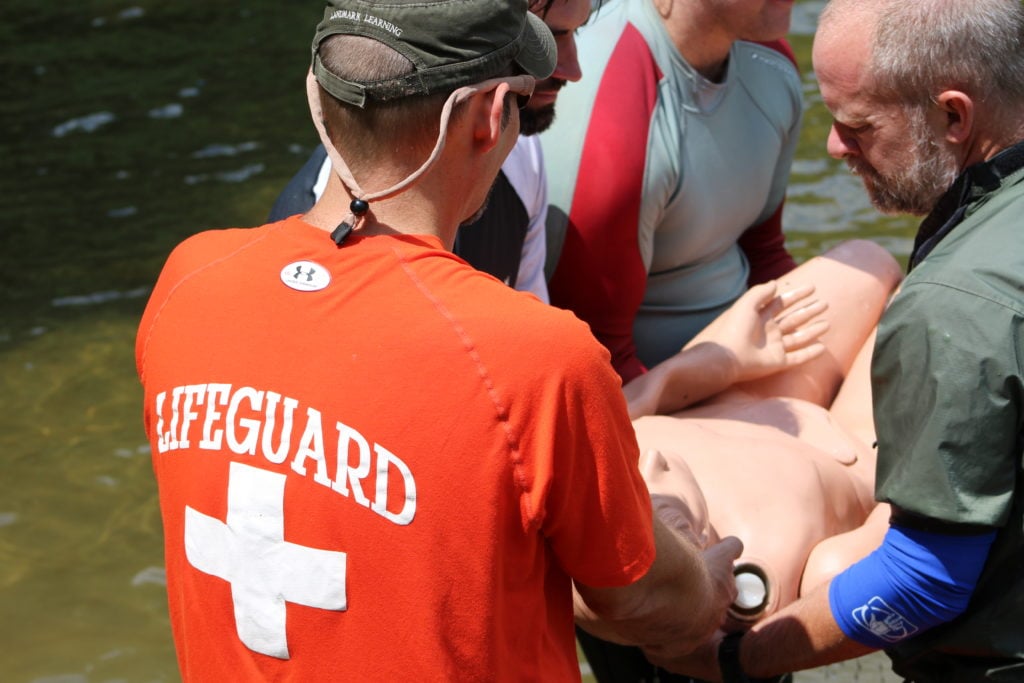
First, build your outdoor resume. Travel and explore on your own and with friends. Keep a hiking journal, a climbing journal, a paddling log, or similar as evidence of your time dedicated to these pursuits and to illustrate your skill development. Keeping a social media profile active with travel and adventure photos lends a lot of credibility to potential employers, and trust in your skill set.
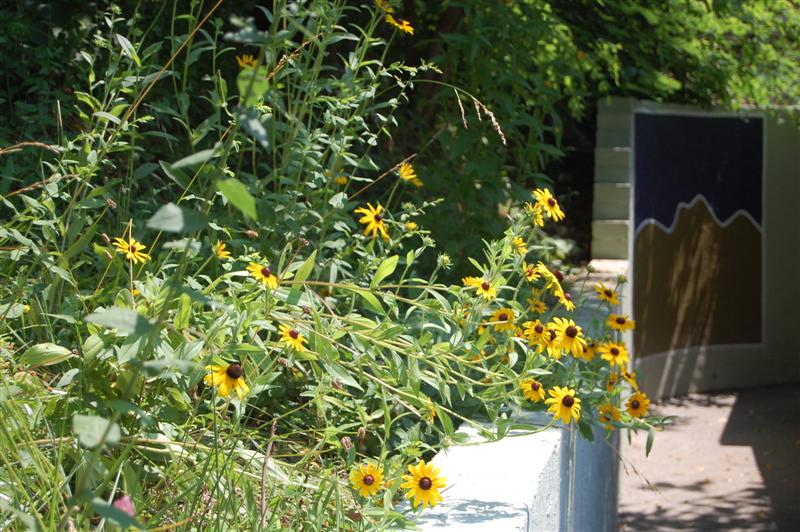
Take any guiding jobs available, in your specific pursuit or any other. Whether at a youth camp, working with therapeutic groups in the outdoors, guiding on rivers, or volunteering on a trail crew, every minute spent lends to your overall experience in the outdoor and leading or working with others.
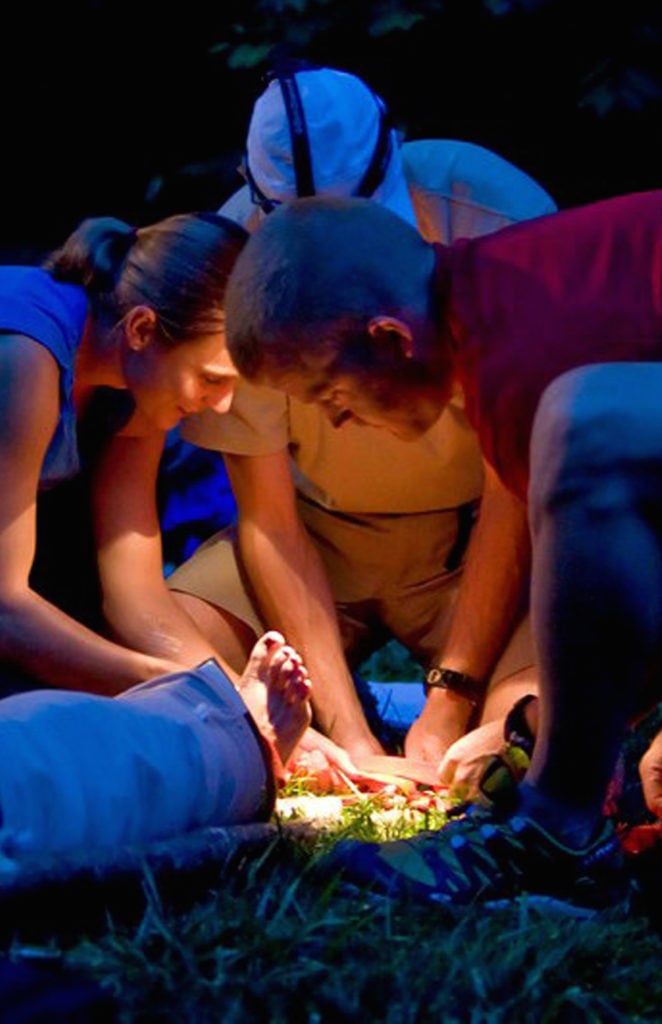
Cross-train. If you’re a climber, it could help you to also have whitewater skills so if you find yourself in a wet region of the world you have a marketable skill set. Prepare yourself to work seasonally – many of my colleagues are raft guides half the year, and work ski patrol during the colder months.

Seek educator training opportunities. Treat all your “customers” as though they are your “students”. Give them more than what they came for. Care for them and teach them to care for each other. Lead groups and gradually hone your instructor skills. Become an educator in non-traditional classrooms and/or with non-traditional student bodies.
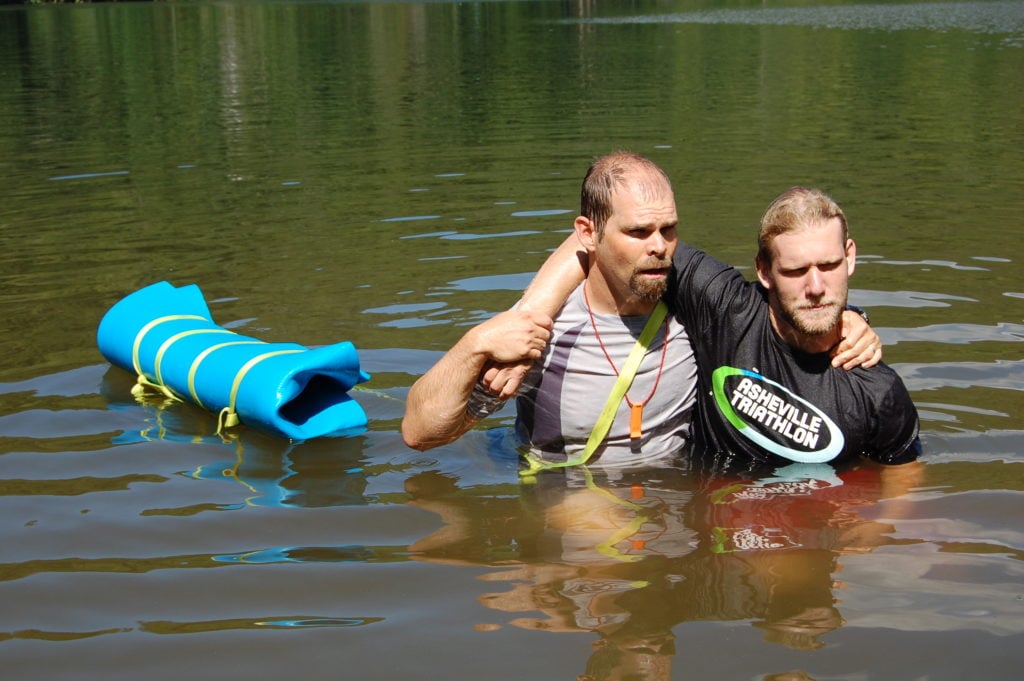
To all these resume builders, add certifications. They not only compliment your skills base, they add to your ability to make good judgements and manage risk in austere work locations. As a consumer, you should be discriminatory and pick the best of the best: the right course type, a convenient location and the best value for your dollar. Certification courses are demanding, intensive, time-consuming, and come at an expense. They also move you to the head of the pack when it comes to hiring.
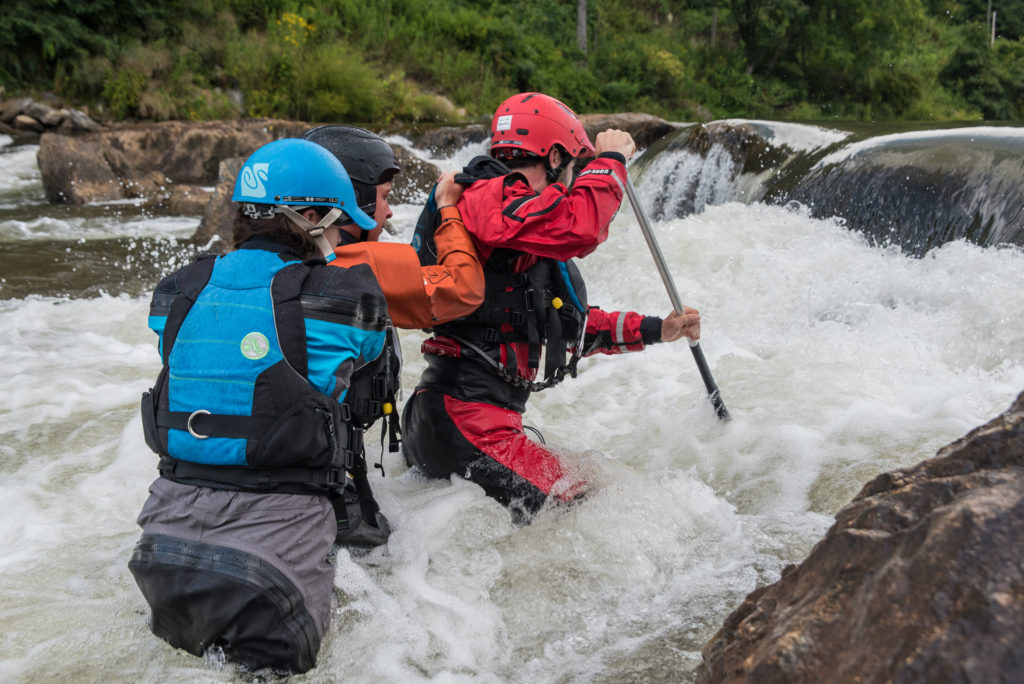
The outdoor industry is very intimate and heavily networked. Get your foot in the door by joining clubs and alumni groups, industry partnerships, and member organizations. NOLS Alumni is one of the largest of these groups of like-minded folks, and they organize gatherings and outings throughout the country and our region. Outdoor Gear Builders (OGB) is an innovative collaboration of the local makers of outdoor gear in western North Carolina. OGB is sponsoring this year’s Outdoor Economy Conference in Asheville this October. Consider attending!
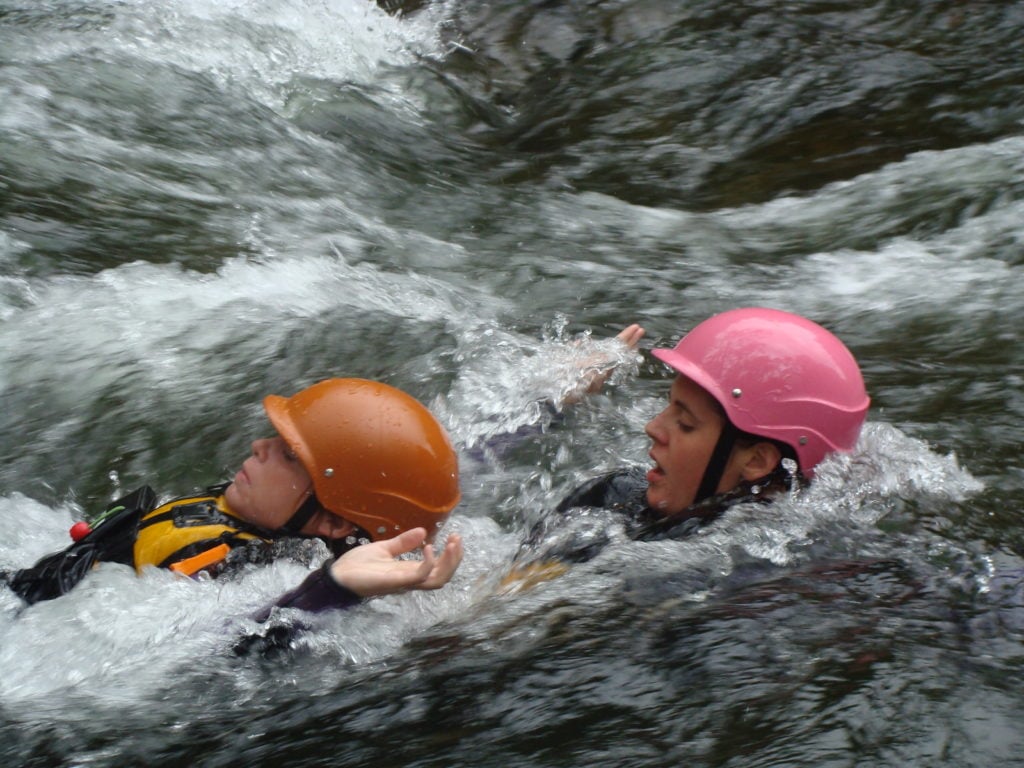
Be patient, stay alert and flexible, and stick to your path. Among those 7.6 million jobs in the US, one of them is perfect for YOU!
To add to your outdoor resume, visit LandmarkLearning.org, the premier provider of outdoor certification training courses in the southeastern United States.
